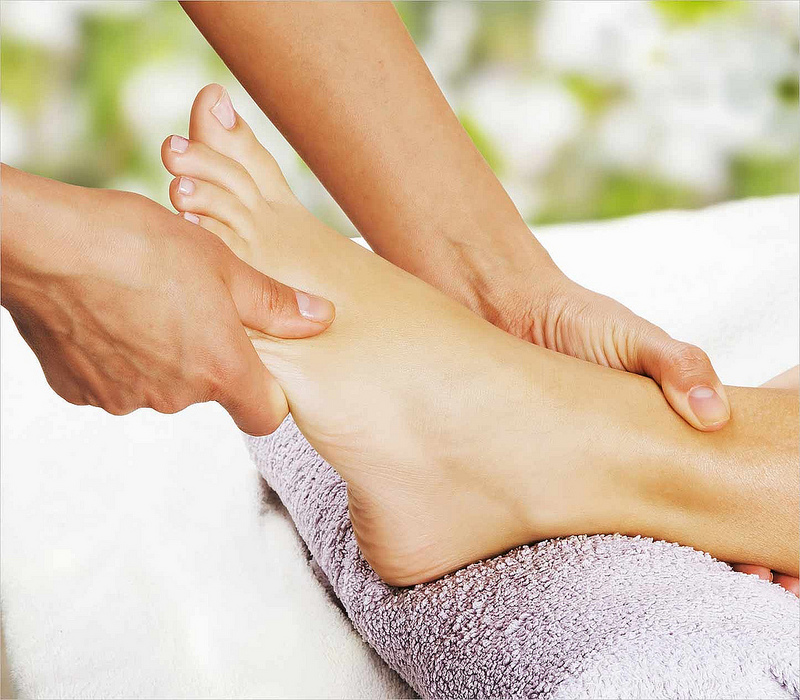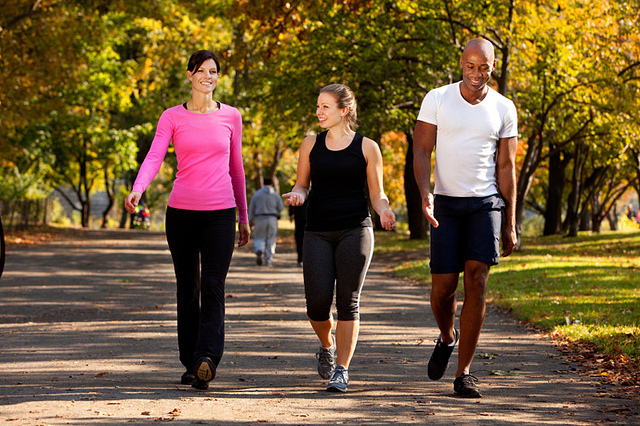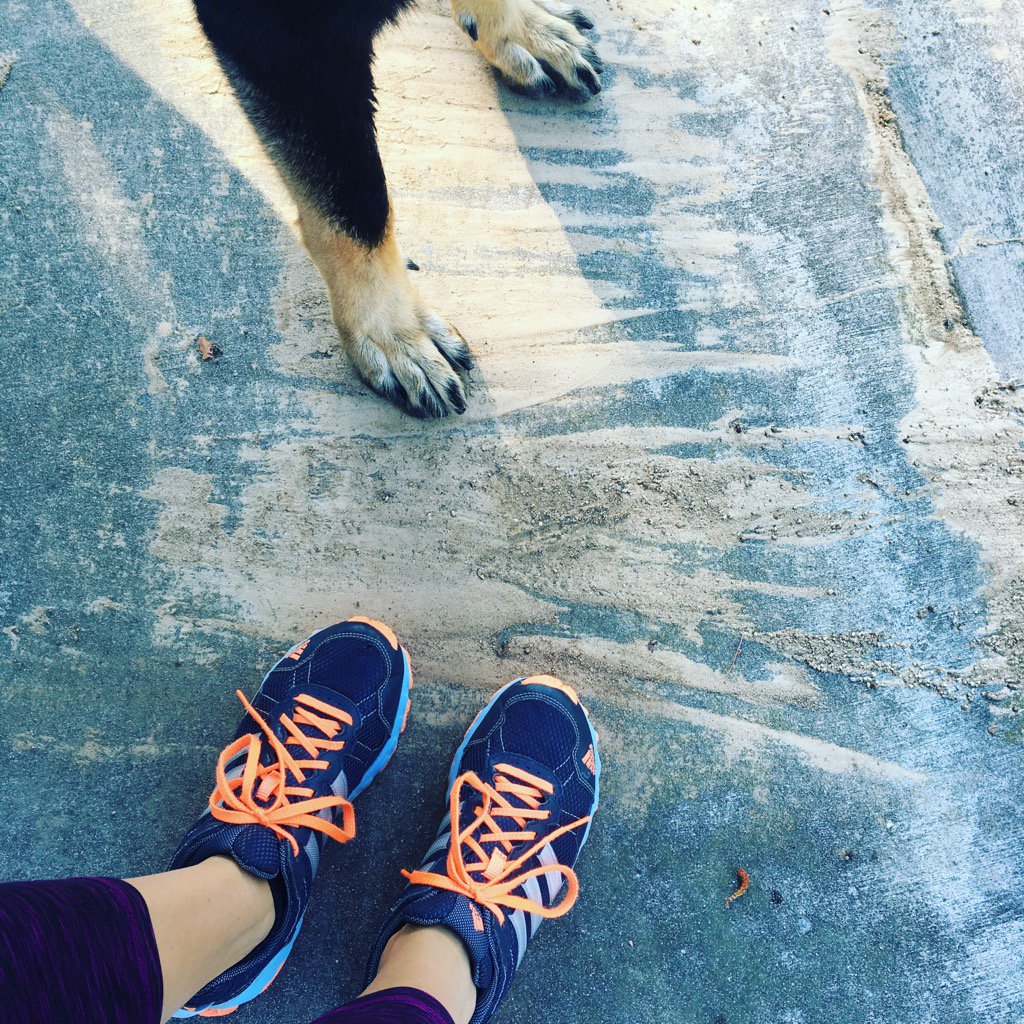
Health :: The Many Benefits of Reflexology Massage
Part of my journey to get healthier this past year after a 4-day stay at the hospital back in September has included monthly Reflexology Massages. The doctors never really did have any answers about what happened to me even after 11 liters pumped in to me via IV (ouch) that included potassium, magnesium, calcium, water, a chest x-ray, a heart monitor attached to my chest the entire stay, spinal tap (ouch), and blood tests every couple hours. All I know was one minute I was sitting in a Society for Children’s Book Writers and Illustrators (SCBWI) event at Cal State Fullerton, and the next minute I was extremely sick and had to be rushed to the emergency room. Some theories the doctors voiced included a virus that affected my heart – yikes! This really made me realize how anything can happen at any time – there really aren’t any guarantees and to not take my health for granted. I have slowly but surely worked to get healthier, including a diet change and also monthly all-body Reflexology massages. I am lucky that there is a Reflexology Clinic nearby that offers 1 hour whole-body Reflexology massages for about what I spend at a movie with my daughter so I take advantage of this great deal. The Chinese woman I go to every time, Sunny, has a real skill in figuring out what places in my body are sore or in need of some treatment. It is quite amazing how she just knows where to apply pressure and I always feel so much better after an hour of treatment. Plus, I always sleep better the night after a session with her. But what is Reflexology exactly? Reflexology is the application of pressure to areas on the feet, hands and ears. Reflexology is generally relaxing and may be an effective way to alleviate stress. (Source: www.mayoclinic.com).

The Theory Behind Reflexology:
The theory behind reflexology is that these areas correspond to organs and systems of the body. Proponents believe that pressure applied to these areas affects the organs and benefits the person’s health.
Reflexologists use foot charts to guide them as they apply pressure to specific areas. Sometimes these practitioners use items, such as rubber balls, rubber bands and sticks of wood, to assist in their work. Practitioners of reflexology include chiropractors, physical therapists and massage therapists, among others.
Several studies funded by the National Cancer Institute and the National Institutes of Health indicate that reflexology may reduce pain and psychological symptoms, such as anxiety and depression, and enhance relaxation and sleep. Studies also show that reflexology may have benefits in palliative care of people with cancer. (Source: www.mayoclinic.com).
Research Supports the Benefits of Reflexology:
The following information is courtesy of www.Reflexology-Research.com
Research has shown the specific techniques of reflexology to be effective and beneficial in many ways. A survey of 170 reflexology studies from 21 countries shows that reflexology is effective, impacting a variety of physical and psychological concerns. Reflexology:
- Creates relaxation: From the moment the reflexologists hands start their work, the relaxation begins as shown in research using EEG brain activity. All together, 24 studies demonstrate reflexologyÕs relaxation effects.
- Reduces pain: Pain reduction following reflexology work is documented in 27 studies including research showing impact on individuals of all ages and health states
- Ameliorates health concerns: Research shows that reflexology work helps indiviuals of all ages with some 78 health concerns ranging from aggressive behavior Êin children to urinary concerns of the elderly.
- Improves blood flow: Separate studies show that reflexology work increases blood flow to the feet, brain, kidneys and intestines.
- Aids post-operative recovery: Reflexology work aids recovery after surgery as shown by several studies, reducing pain and lessening the use of post operative analgesics.
- Impact on physiological measures (e. g. blood pressure and cholesterol; measurements by ECG, EEG, and fMRI)
- Enhances medical care: Reflexology helps where nothing else can for many: phantom limb pain sufferers, neuropathy patients, and hemodialysis patients to name a few.
- Benefits mental health: Research demonstrates that reflexology can reduce depression (11 studies) and anxiety (9 studies).
- Complements cancer care: Pain, nausea, vomiting, and/or anxiety eased for chemotherapy patients following reflexology work as shown by16 studies fom 7 countries.
- Eases pregnancy, delivery and post-partum effects: Women who received reflexology experienced shorter labor times and used less analgesia. In addition, reflexology showed a positive impact on postpartum depression, anxiety, urination and bowel movements.
In general terms, the benefits of reflexology have to do with the reduction of stress. Because the feet and hands help set the tension level for the rest of the body, they are an easy way to interrupt the stress signal and reset homeostasis, the body’s equilibrium.
If you are local, you can check out the Life Reflexology Center in Westminister. Any of the staff are wonderful though I always ask for Sunny. I have really seen the results of this treatment and would recommend it to anyone who needs to help decrease stress or for any of the symptoms mentioned above. Here’s to health – something we tend to take for granted until it is taken away. I don’t plan on seeing the inside of a hospital anytime soon!
If you are local, check out Life Reflexology in Westminister at 714-839-3151. Anyone on staff is great but I usually go to Lilly or Nancy!
References:
https://www.mayoclinic.com/health/what-is-reflexology/AN02194
0




4 Comments
High Care
Wow, I didn’t know there is so much nerves and “power” in the feet. Great article.
Pingback:
Pingback:
Pingback: